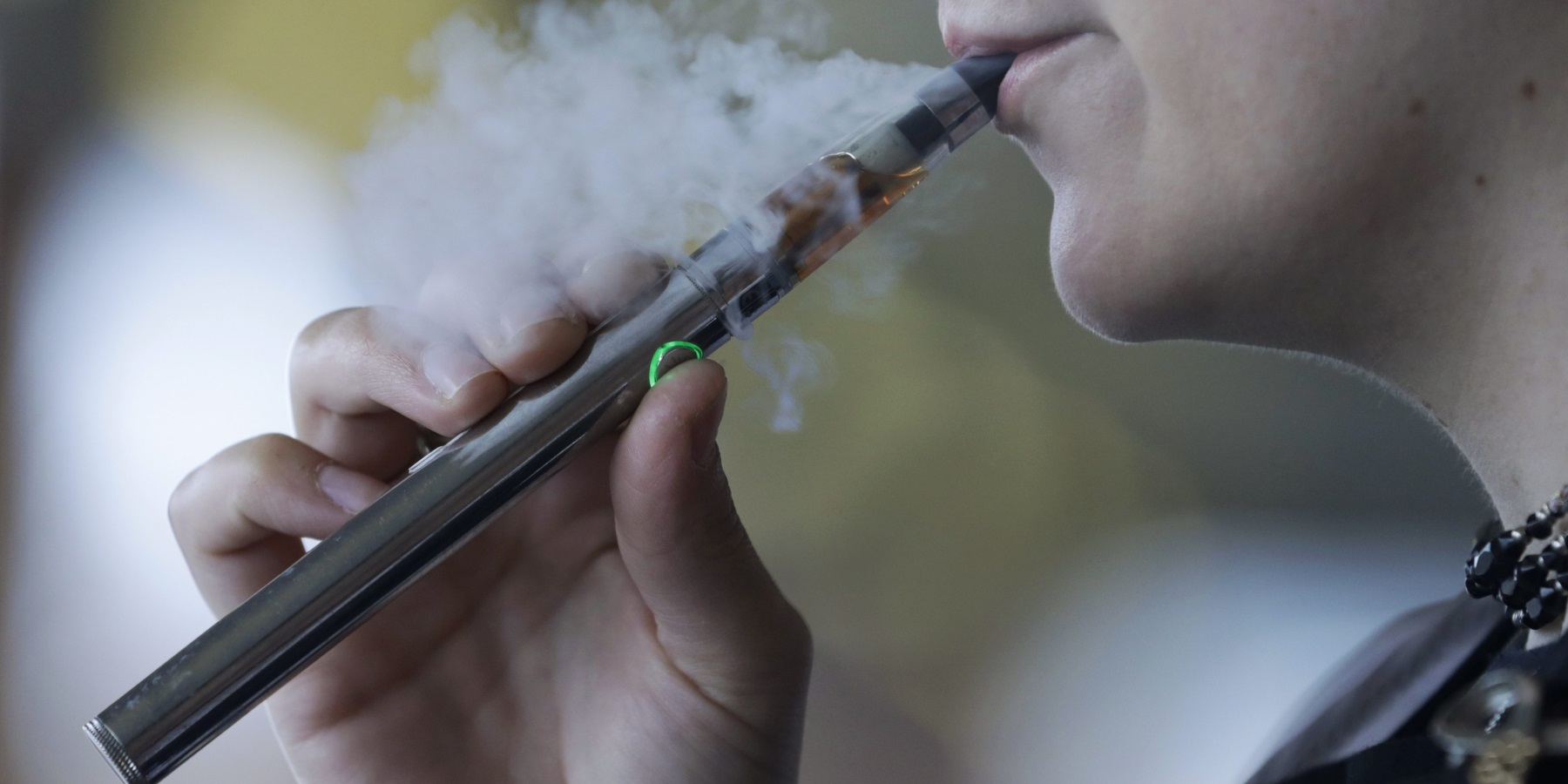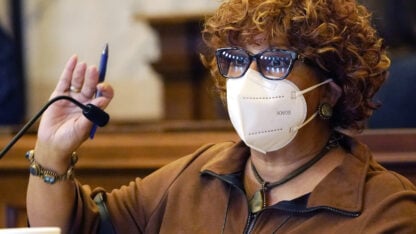A state Senate panel in Georgia unanimously approved a proposal to restrict vaping products on Tuesday, amid growing concern about health risks and use among children.
Senate Bill 298 would raise the age a person must be to purchase vaping products from 18 to 21, impose licensing requirements on stores selling vaping products, increase penalties for illegal sales and require schools to teach students about the dangers of vaping.
The proposal could soon go to the full Senate for a vote.
Under current state law, retail stores in Georgia are not required to have a license to sell vaping products, according to Sen. Renee Unterman, a Buford Republican who sponsored the bill. Her legislation would require stores selling vaping products to be licensed in the same way that stores selling tobacco are currently licensed.
The bill also lays out penalties for illegal sales and purchases of vaping products, which were somewhat downgraded from a previous version of the bill presented to the committee last week.
Sen. Bill Cowsert, an Athens Republican who chairs the committee, said the penalties were changed slightly to be “focused more on enforcing the license as the mechanism to keep retailers from selling to underage people.”
Under the bill, a first offense for selling a vaping product to someone underage would be a misdemeanor, while second and subsequent offenses would be a misdemeanor of a high and aggravated nature, essentially allowing for a higher fine. A provision that would have made the third offense a felony was removed from the bill.
Penalties for an underage person caught buying a vaping product would mimic state law for the underage possession of alcohol, Cowsert said.
During a hearing last week, the committee heard from doctors and students who said e-cigarette use is prevalent among children and poses serious health risks.
Amy Sedgwick, a nurse, recounted her son’s hospitalization in July with a collapsed lung that she said was the result of vaping.
“Nothing is more horrifying than watching your own child come through those emergency doors saying, ‘Mom, I think I’m having a heart attack. I can’t breathe,’” Sedgwick told members of the committee.
More than 2,600 people nationwide have been diagnosed with a vaping-related lung illness, according to the Centers for Disease Control and Prevention. Dozens of people have died. But advocates for the e-cigarette industry say vaping products save lives by helping smokers quit.









